Disgraced doctor Sam Eljamel has been accused of lying to a Dundee mum who was told he had completely removed her brain tumour.
The Ninewells patient, who went under the knife in 1998, thought she had the all-clear after the rogue medic operated on her.
But after the surgery, the woman – who wishes to remain anonymous – lost vision in her left eye and started to suffer from short-term memory loss.
She then discovered, during a follow-up operation, Eljamel had not fully taken out the benign tumour as she was led to believe.
The tumour has since grown back, leaving the Dundee mum with facial disfigurement and severe trauma from the nightmare ordeal.
The historic case, dating back a quarter of a century, raises yet more questions over when alarm bells were first raised about Eljamel.
I just find this absolutely frightening. This is further evidence that there were issues going back to the 1990s.”
Lead campaigner Pat Kelly.
The Libyan neurosurgeon, who fled to his homeland after his malpractice was exposed, was first employed by NHS Tayside in 1995 and worked in Dundee until his suspension in 2013.
Health chiefs insist the earliest they were aware of complaints was in 2011, but one patient lodged concerns with a doctors’ watchdog a full decade earlier.
Sam Eljamel ‘a complete coward’
The patient’s daughter, who spoke to The Courier with her mother’s permission, branded Eljamel a “coward” for repeatedly butchering patients before later fleeing Scotland.
She said: “My mum put her trust in Eljamel. And he knew that what he was doing was not right. What kind of person does that?
“He needs to pay. What a complete coward, to just completely skip the country knowing damn well what he’s done.”
The woman’s daughter says her mum had been a “strong woman” before the surgery to remove her tumour, where she was given a 50/50 chance of survival.
But her health started to deteriorate after the operation.
She said: “I looked after her when she came out of the hospital. Her recovery process was brutal.
“Shortly after the surgery she lost her eyesight in her left eye.
“Then we started to notice her short-term memory had gone. You would tell her something, and she couldn’t remember.
“She was told they’d taken out the brain tumour, but at a later date, they said that actually they hadn’t taken all of the tumour out, they’d only taken some of it out.
“But that’s not what she was told.”
We’ve got to ask: who else was in the theatre that day? What did the others see? I just find this unbelievable.”
Pat Kelly
With the family firmly focused on their loved one’s health battle, they opted not to complain about Eljamel at the time.
But The Courier’s coverage of the scandal, and the high-profile campaigning of those whose lives have been affected by the doctor’s negligence, prompted the Dundee mum and her daughter to come forward.
Earlier this year First Minister Humza Yousaf ordered a public inquiry into Eljamel after years of pressure.
It came the week after a damning internal report highlighted huge failings from NHS Tayside in their handling of the surgeon.
And this latest case raises further questions over the fiasco’s timeline and why no action was taken to stop Eljamel at an earlier stage.
Lead campaigner Pat Kelly, who was harmed in 2007, said: “I just find this absolutely frightening. This is further evidence that there were issues going back to the 1990s.
“We’ve got to ask: who else was in the theatre that day? What did the others see? I just find this unbelievable.
“It’s so sad what this woman has gone through.”
Jules Rose, another campaigner who was harmed in 2013, said: “As a brain surgery victim, I can totally empathise with the devastation that Eljamel would have inflicted upon this patient.
“It’s harrowing to hear this dates back to 1998.”
An NHS Tayside spokesperson said: “We would encourage any former patient who has concerns about Professor Eljamel to contact the NHS Tayside Patient Liaison Response Team for support with their enquiry.
“NHS Tayside remains committed to doing whatever is required to contribute and participate fully in the Public Inquiry process.”
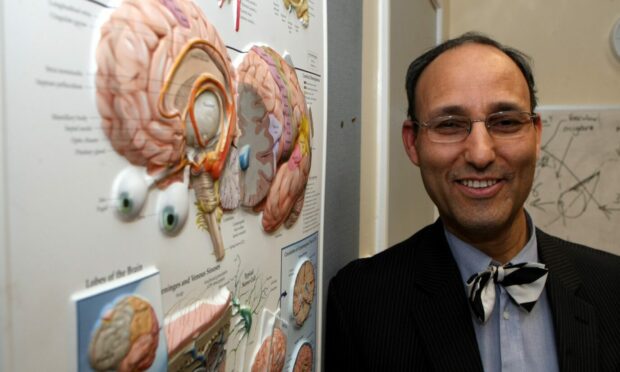
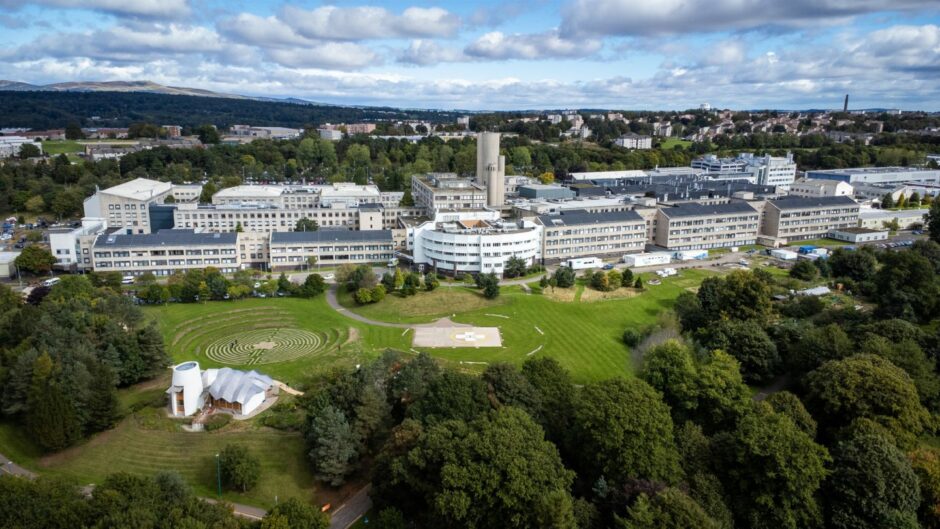
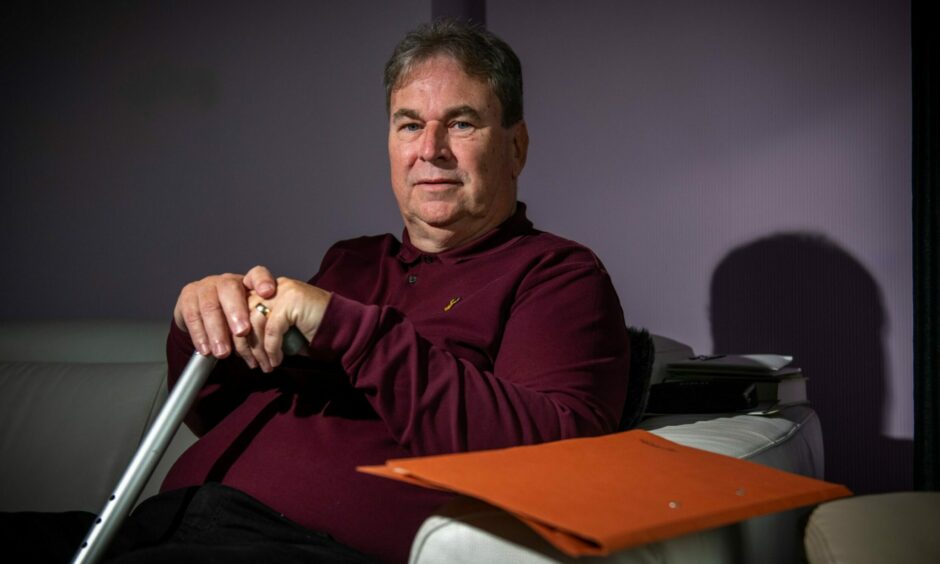
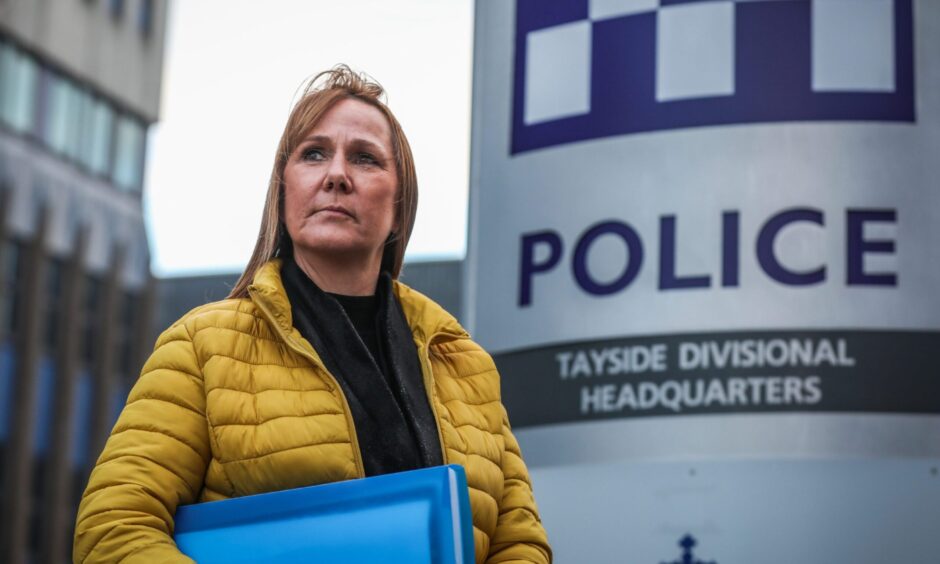


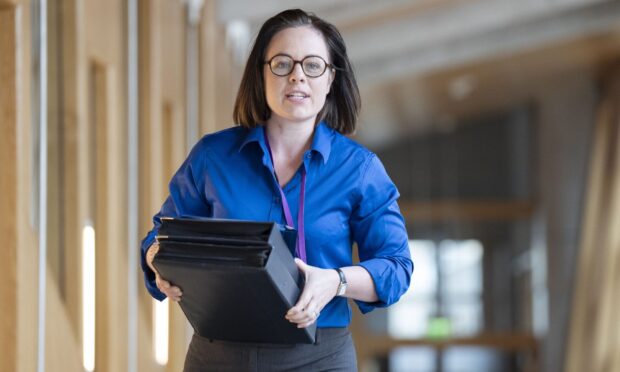
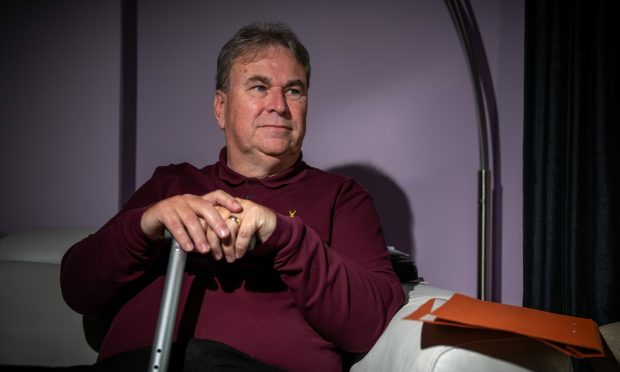
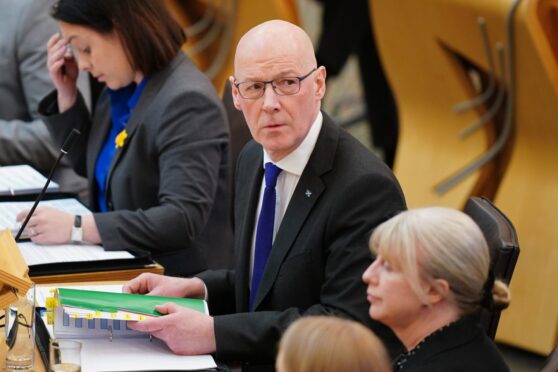



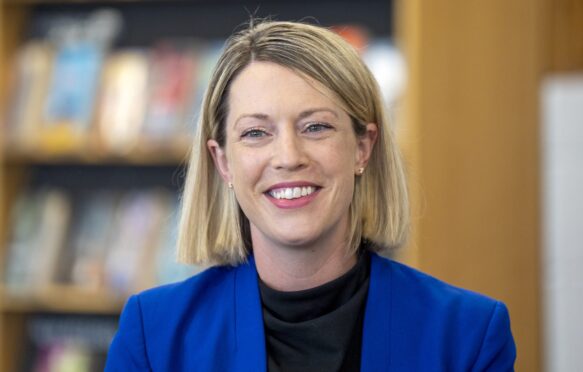
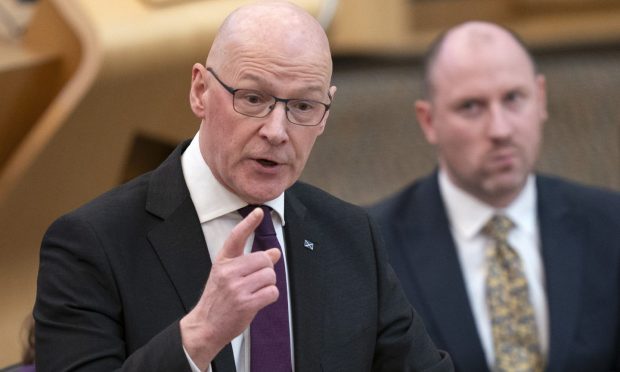
Conversation